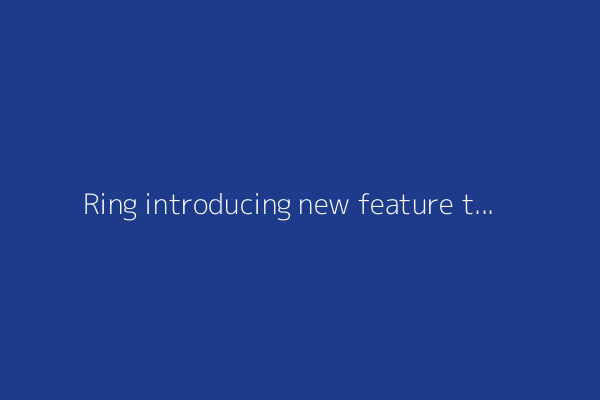See what’s trending right now
Privacyin Technology
8 hours agoCriminals exploit hacked sites and expired domains to spam ChatGPT, raising safety concerns, while Ring's new police live-stream feature sparks privacy debates amid growing tech vulnerabilities.
Show me
Technology
Criminals and scammers are using hacked websites and expired domain names to 'poison' ChatGPT with spammy recommendations - here's how to stay safe
NegativeTechnology
Bad actors are gaming ChatGPT by injecting spammy, scam-filled content into its recommendations—think shady gambling sites or hijacked links. They’re doing this by hacking old websites or snatching up expired domain names, tricking the AI into treating them as legit sources. Here’s what to watch out for and how to protect yourself.
Editor’s Note: This isn’t just about annoying spam—it’s a real threat to the reliability of AI tools we’re starting to depend on. If ChatGPT (or similar systems) can be manipulated into pushing malicious content, it undermines trust in the tech itself. For everyday users, it’s a heads-up to double-check AI-generated recommendations before clicking. For the industry, it’s a wake-up call to tighten safeguards.
Ring introducing new feature to allow police to live-stream access to cameras
NegativeTechnology
Ring, the Amazon-owned home security company, is rolling out a controversial new feature that would let police request live access to users' camera feeds without requiring a warrant. While the company says this will help law enforcement respond faster to emergencies, privacy advocates warn it could lead to overreach and erosion of civil liberties.
Editor’s Note: This isn't just about convenience—it's a big shift in how surveillance works. Police already partner with Ring through neighborhood watch programs, but live access takes it further by potentially bypassing traditional checks like warrants. For some, it’s a safety win; for others, it feels like a slippery slope toward unchecked surveillance. Either way, it’s reigniting the debate over who gets to watch, and when.
Why World Pulse Now?
Global Coverage
All major sources, one page
Emotional Lens
Feel the mood behind headlines
Trending Topics
Know what’s trending, globally
Read Less, Know More
Get summaries. Save time
Stay informed, save time
Learn moreLive Stats
Articles Processed
6,696
Trending Topics
121
Sources Monitored
204
Last Updated
2 hours ago
Live data processing
How it works1-Minute Daily Briefing
Stay sharp in 60 seconds. Get concise summaries of today’s biggest stories — markets, tech, sports, and more
Why World Pulse Now?
Global Coverage
All major sources, one page
Emotional Lens
Feel the mood behind headlines
Trending Topics
Know what’s trending, globally
Read Less, Know More
Get summaries. Save time
Stay informed, save time
Learn moreLive Stats
Articles Processed
6,696
Trending Topics
121
Sources Monitored
204
Last Updated
2 hours ago
Live data processing
How it works1-Minute Daily Briefing
Stay sharp in 60 seconds. Get concise summaries of today’s biggest stories — markets, tech, sports, and more

